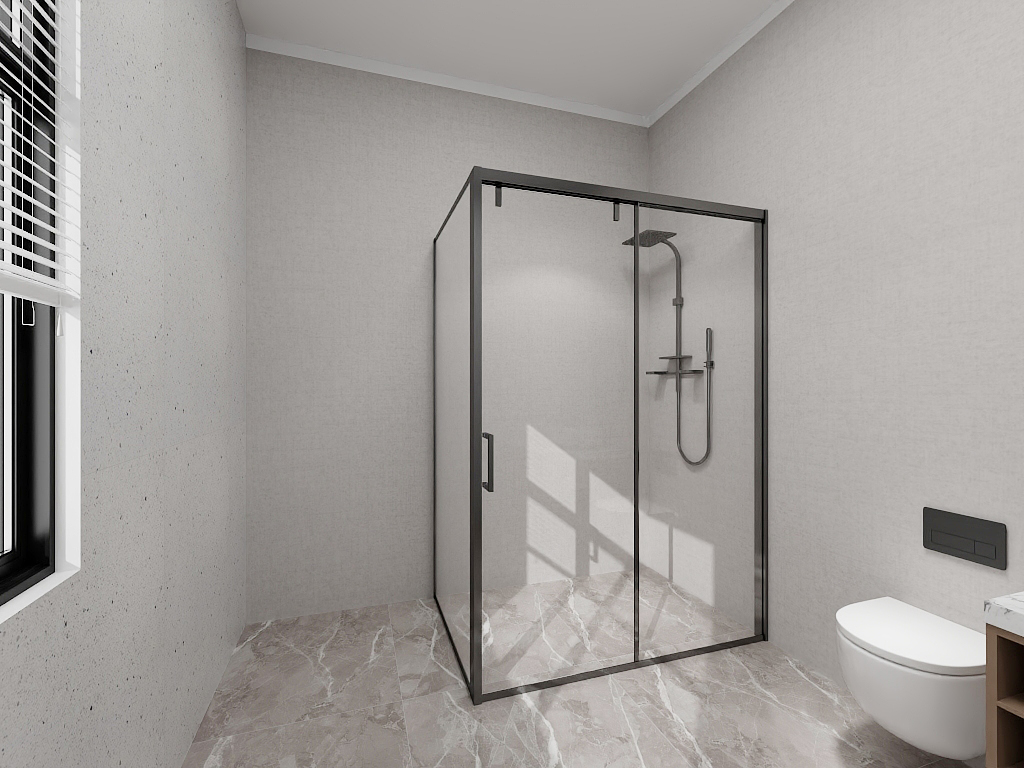
Self-cleaning glass
Admin

Why it is called self-cleaning glass: it generally refers to the coating of a special layer of paint on the surface of the glass, making it difficult for dust or dirty liquid (including water, even oily liquid) to adhere to the surface of the glass, or it is easier to be washed off by water (or rain), so that the glass surface is very easy to keep clean, reducing the trouble of cleaning the glass surface, so it is called self-cleaning glass.
Glass self-cleaning nano coating refers to the application of a special nano coating on the surface of the glass, so that dust or dirty liquid (including water, or even oily liquid) is difficult to adhere to the surface of the glass, or is relatively easy to be washed off by water (or rain), so that the glass surface is very easy to keep clean, reducing the trouble of cleaning the glass surface. It can also save the increasingly scarce water resources.
Ordinary glass surface is easy to produce static electricity, will absorb dust in the air, car exhaust, a long time, very easy to dirty. When it rains, the contact Angle between ordinary glass and water is 30-40 degrees, and it is easy to form a water film on the surface of the glass, and the water film is not easy to slip. In the water film drying process, it is very easy to absorb dust in the air, form water marks after drying, and form dirt for a long time.
The so-called glass nano coating is that the glass surface has a high hydrophobic or hydrophilic, so that the water can not be completely attached to the glass, so that the surface tension of the water drop itself produces a droplet phenomenon, the water drop will naturally slide away the dust, so that the glass has an easy to clean effect, the dust will not be able to accumulate, compared with the general glass water sedimentation, the long-term effect has quite obvious differences.
Advantages and disadvantages of self-cleaning glass?
Self-cleaning glass is a kind of building glass made of special technology, the following are the advantages and disadvantages of self-cleaning glass:
Advantages:
1. Self-cleaning function: The surface of the self-cleaning glass has a nanometer coating of micron level, which can make the glass surface absorb the water layer and shrink, and then play a self-cleaning role, reduce the adhesion of dirt to the glass surface, and prolong the cleaning cycle.
2. Light transmission: Compared with ordinary glass, self-cleaning glass has no difference in light transmission, ensuring sufficient sunlight inside the building.
3. Environmental protection and health: The use and cleaning of self-cleaning glass does not need to use any chemical cleaning agent, more environmentally friendly and healthy.
Cons:
1. High price: self-cleaning glass process is more complex, the cost is much higher than ordinary glass, so the price will be relatively high.
2. Poor corrosion resistance: The nano coating on the surface of self-cleaning glass is relatively thin, and the corrosion resistance may not be as good as that of ordinary glass.
3. The self-cleaning effect is not complete: although the self-cleaning glass surface can effectively avoid the attachment of a lot of dirt, the more stubborn dirt still needs additional cleaning tools to clean.
To sum up, self-cleaning glass has its advantages and disadvantages. Whether to choose self-cleaning glass in the building needs to be analyzed according to the actual situation, such as the need to adapt to the complex atmospheric environment and difficult maintenance, self-cleaning glass may be a good choice. visit here https://www.dabbl.de
